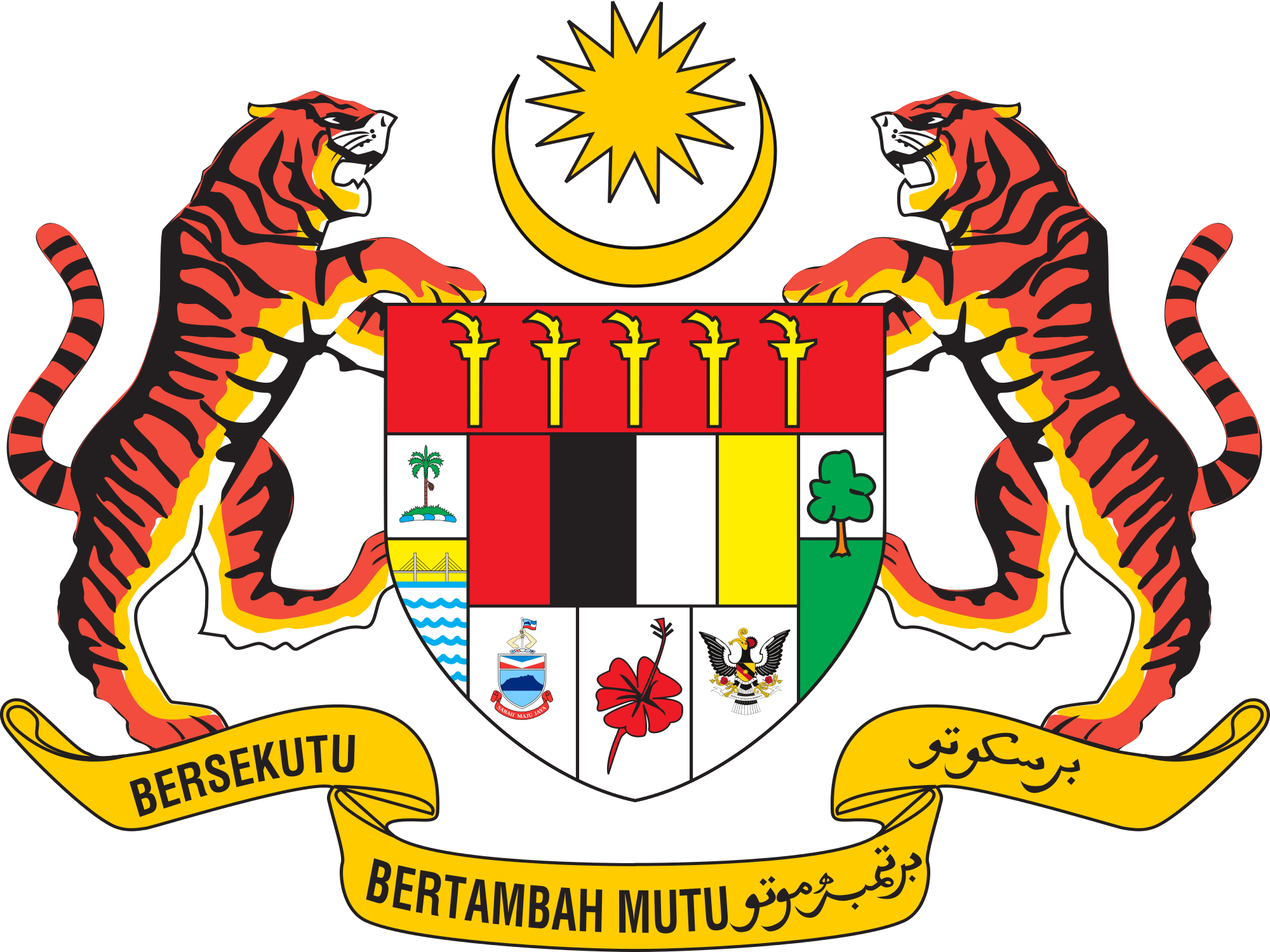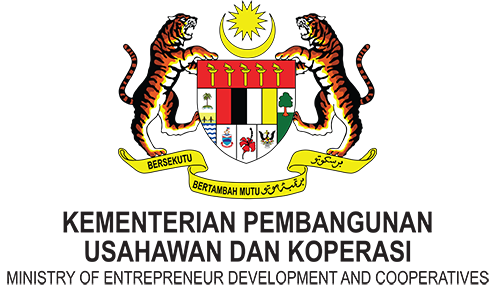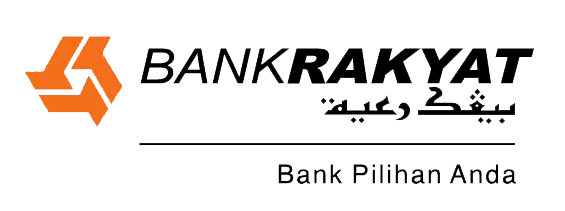SME Annual Showcase - SMIDEX is an annual landmark event that showcases the best capabilities and capacities of Malaysian SMEs in offering products, services and technologies for the global market. It is a platform for local SMEs to discover new markets and global market supply chain opportunities through:
• Exhibition of Products & Services
• Business Matching Sessions
• Exchange of Information & Ideas on Technology & Innovation
• Product Launches & Presentations
SMIDEX was first organised in 1996 when SME Corp. Malaysia was then known as the Small and Medium Industries Development Corporation (SMIDEC). Since its inception 20 years ago, SMIDEX has evolved into an intelligent platform empowering both our SME Communities and global participants with ‘functional knowledge’, that is pragmatic while at the same time sets new benchmarks for business progress. The year 2017 marked the 20th SME Annual Showcase - 'SMIDEX 2017'.
Today, SMIDEX is the nation’s premier SME event which provides SMEs with a world-class interactive platform for networking opportunities that could lead to new business opportunities, as well as, fast-tracking SME business growth by providing business enablers, new business tools and solutions under one roof. It is an avenue to educate SMEs on the latest Government policies and direction that promote SME development, and to create awareness on various SME development programmes and initiatives offered by the Government, including financial assistance.
The event brings together SMEs, (MNCs), Government-linked companies (GLCs) and large-scale industries (LSIs) showcasing their capabilities and capacities in producing products, services and technologies for the global market. The event displays a myriad of products and services that are aimed to highlight the facilities offered by various Ministries, Agencies, industry associations and financial institutions, leading to new business opportunities and awareness of available financing schemes.
SMIDEX is an exciting event showcasing more than 400 exhibition booths with participation of both local and foreign companies, organisations and government agencies. It features strong regional and global participation under the international pavilion displaying products, services and technologies, as well as, sharing of global best practices and innovation.
SMIDEX also provides Business Matching Sessions with the aim of assisting SMEs to establish strategic business partnerships and business linkages, as well as, facilitate meaningful exchange of functional knowledge with MNCs, GLCs and LSIs. It also acts as a platform for the local SMEs to learn from participating MNCs, GLCs and LSIs on what it takes to be their suppliers, explore potential outsourcing opportunities and venture into the global market supply chain.























